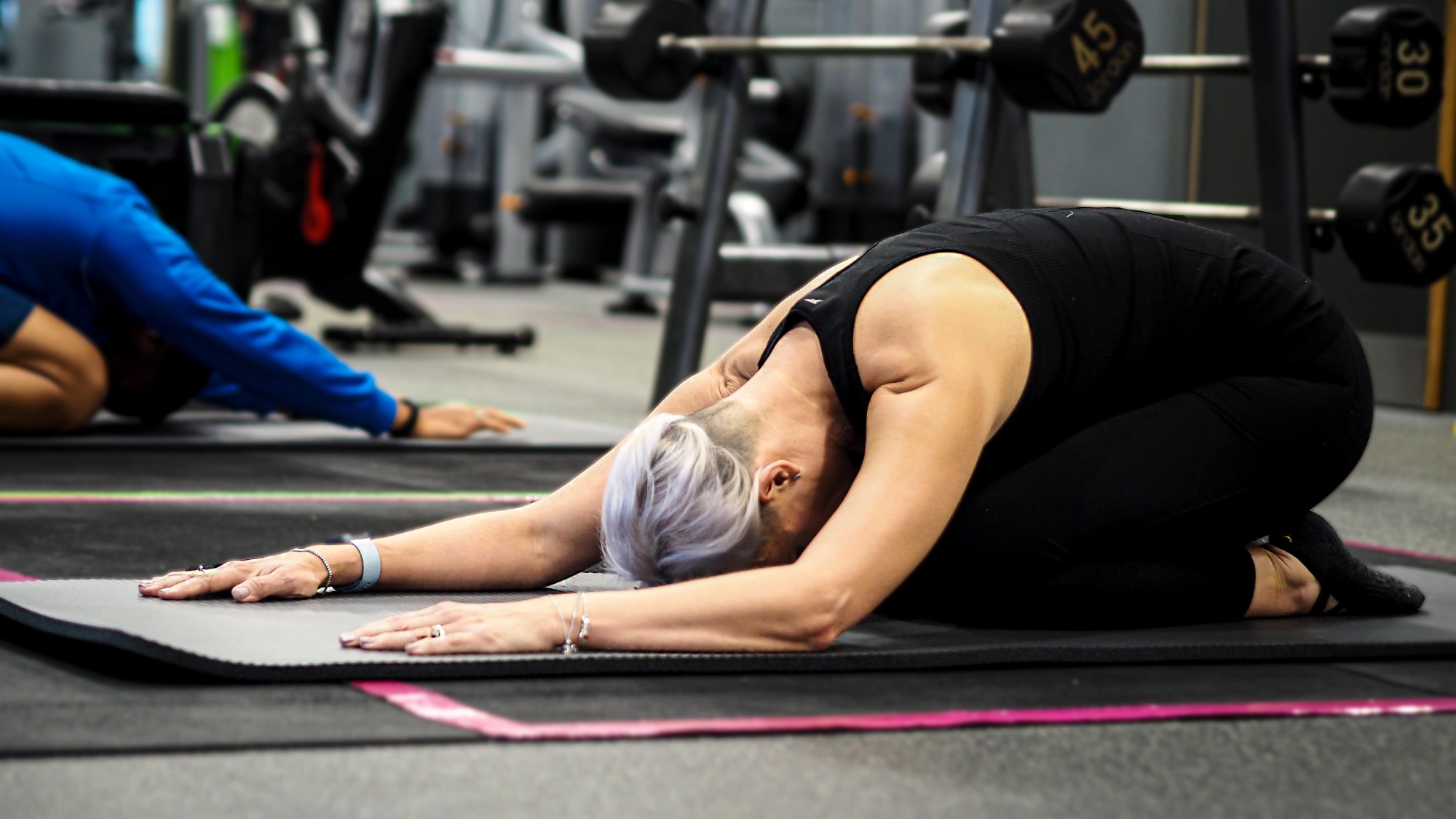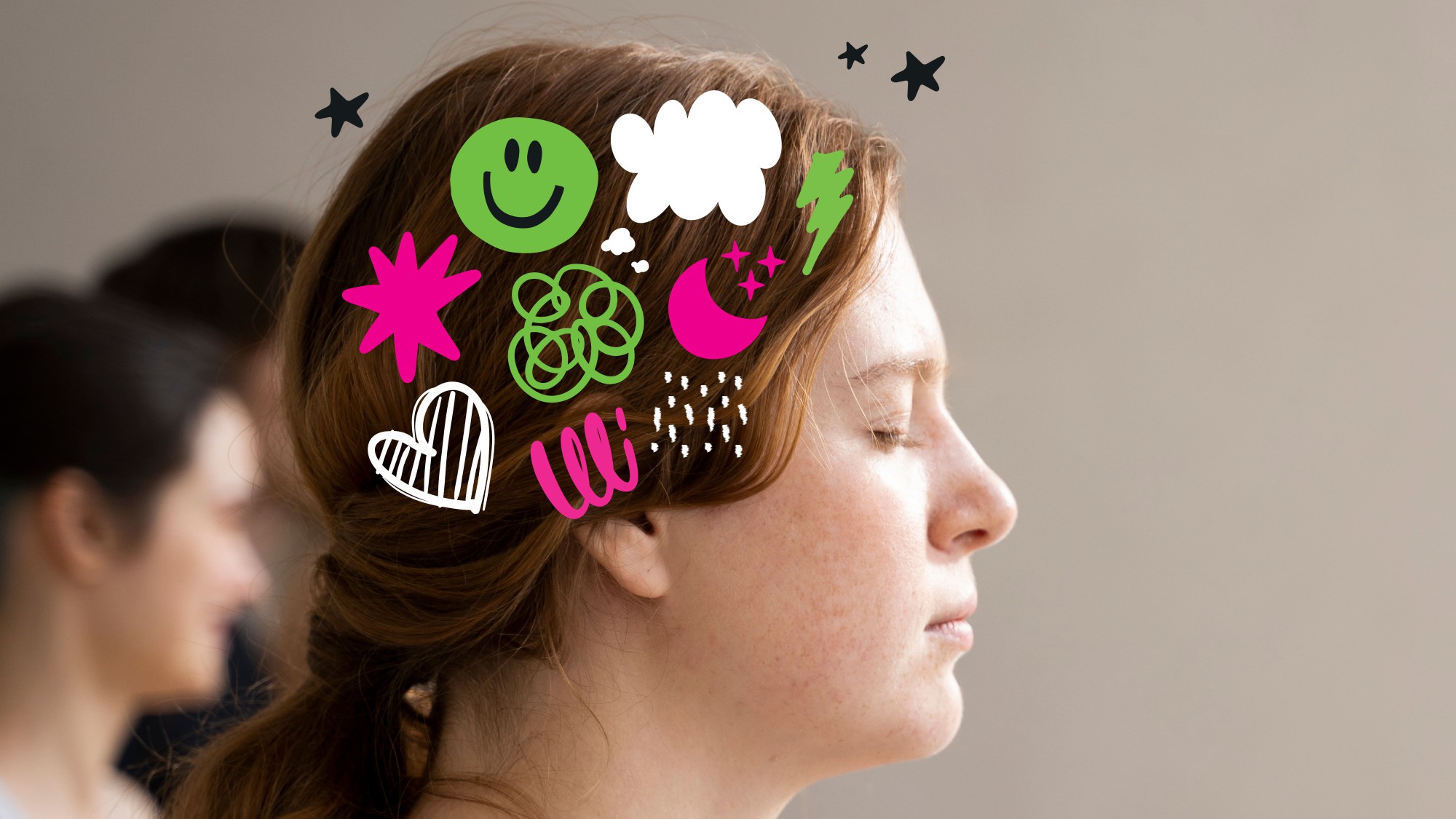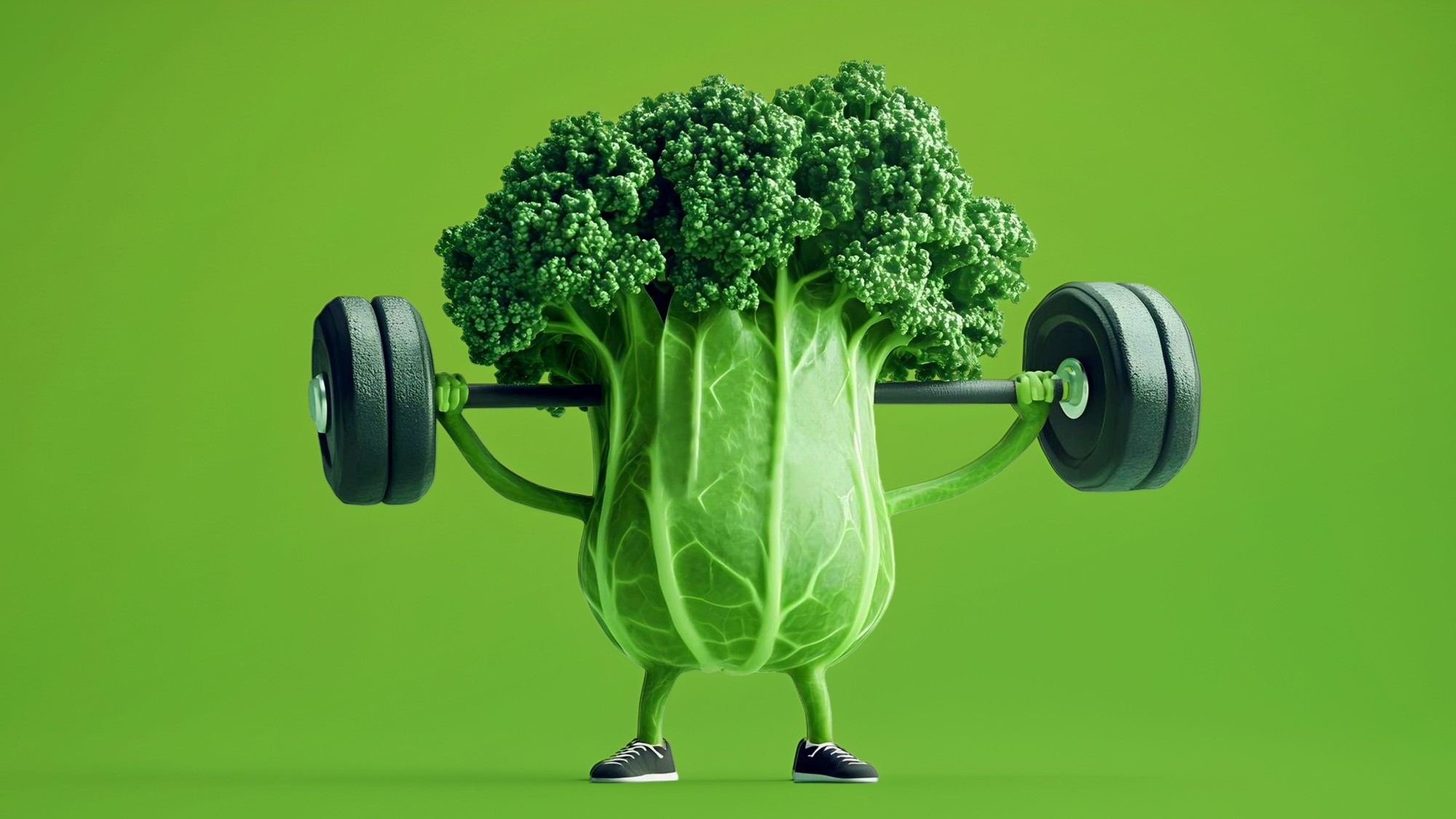In the fast-paced world of today, finding time to relax is essential for our well-being. From nature walks to meditation, explore various ways to unwind and prioritize relaxation in your daily routine for a healthier, happier life.
1983 was the birth of the internet; since then, technology has developed and changed. We can now communicate with people on the other side of the world in a second from our homes. This was a lifesaver during COVID-19 as we could have social lives and keep in touch with loved ones when we weren’t allowed to leave our homes. In 1994, the trading laws changed so shops could open on a Sunday, since then, opening times have increased with many supermarkets and food outlets open 24 hours a day. Now you can get a pint of milk delivered to your house in the middle of the night. There are many benefits to the changes and tech advances however we have lost a few things along the way, the art of relaxation being one. In the 80’s, when you finished work for the day, no one would contact you, and you wouldn’t be answering emails or taking calls at the weekend; we have forgotten to have downtime and relax. We are on 24 hours a day.
What is relaxation?
Relaxation is a process that lessens stress effects on the body and mind. To become calm and comfortable, with no tension or stress, away from worries and anxiety. Stress has many adverse effects on all organs in the body, including the brain and heart. Unfortunately, stress is part of every day, so relaxation is even more important to stay healthy. There are many ways to relax, but the most important thing is to put time into your calendar daily. Can you find an hour a day for relaxation?
Relaxation comes in many forms; you don’t need to become a meditation master. You do, however, need to make it a priority.
Relaxation ideas:
- Get out in nature. Go for a walk and enjoy the environment. A daily walk can help reduce stress.
- Go for a swim. The feeling of weightlessness that the water gives you helps reduce anxiety and improves sleep.
- Breathing exercises. This improves the oxygen levels in our body.
- Listen to music. The type of music will have different effects on your body and mind. Upbeat music will lift your mood, while classical music soothes you.
- Yoga. Combining poses and breathing exercises helps you focus on the present and relax.
- Meditation. Focusing on breathing, visualisation, and mindfulness helps you relax, become calm and reduce stress.
- Play with your pets. Our furry friends help us reduce the stress hormone cortisol and increase oxytocin (feel-good hormone).
- Be creative. From painting to baking, making something without the pressure of the finished project. You may not be artistic, but switching your mind off from the world and creating something calms your mind.
- Learn something new. This gives you a feeling of satisfaction and growth.
- Read a book. Lose yourself in another world.
- Write in your journal. Great to dump all your worries and give your brain a break.
- Take a bath. My favourite is a good soak to relax muscles and your mind.
- Watch the sunset. As the sun drops behind the horizon, your breathing slows, you relax, and you enjoy the beauty of nature.
- Gardening. Getting creative with plants and flowers helps release serotonin and endorphins.
The list of ideas only touches the surface, and you can do many more things. Relaxation doesn’t need to be complicated or expensive; however, to live longer, happier and healthier, it does need to be part of your daily routine.


 Mar 6, 2024
Mar 6, 2024
 6 mins
6 mins
 Lucy Brooks
Lucy Brooks

 Sep 29, 2025
Sep 29, 2025
 7 minutes
7 minutes
 Energie Fitness
Energie Fitness

